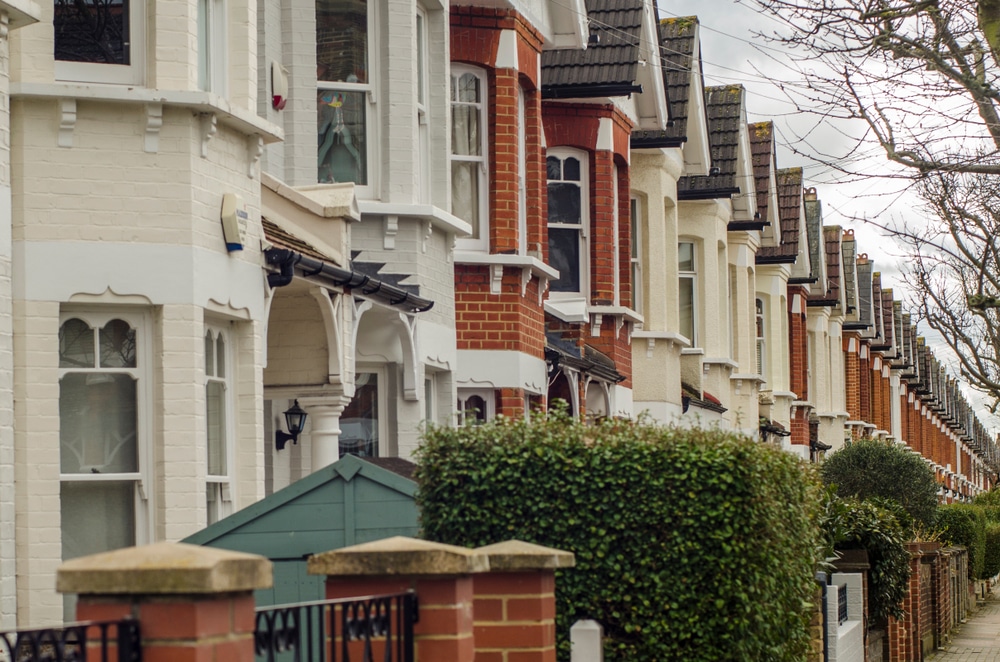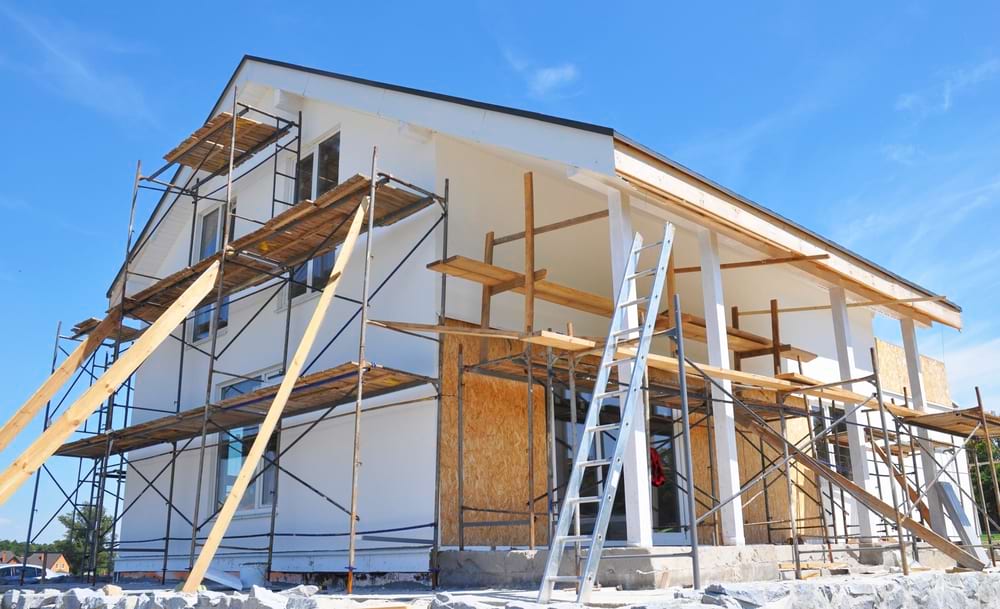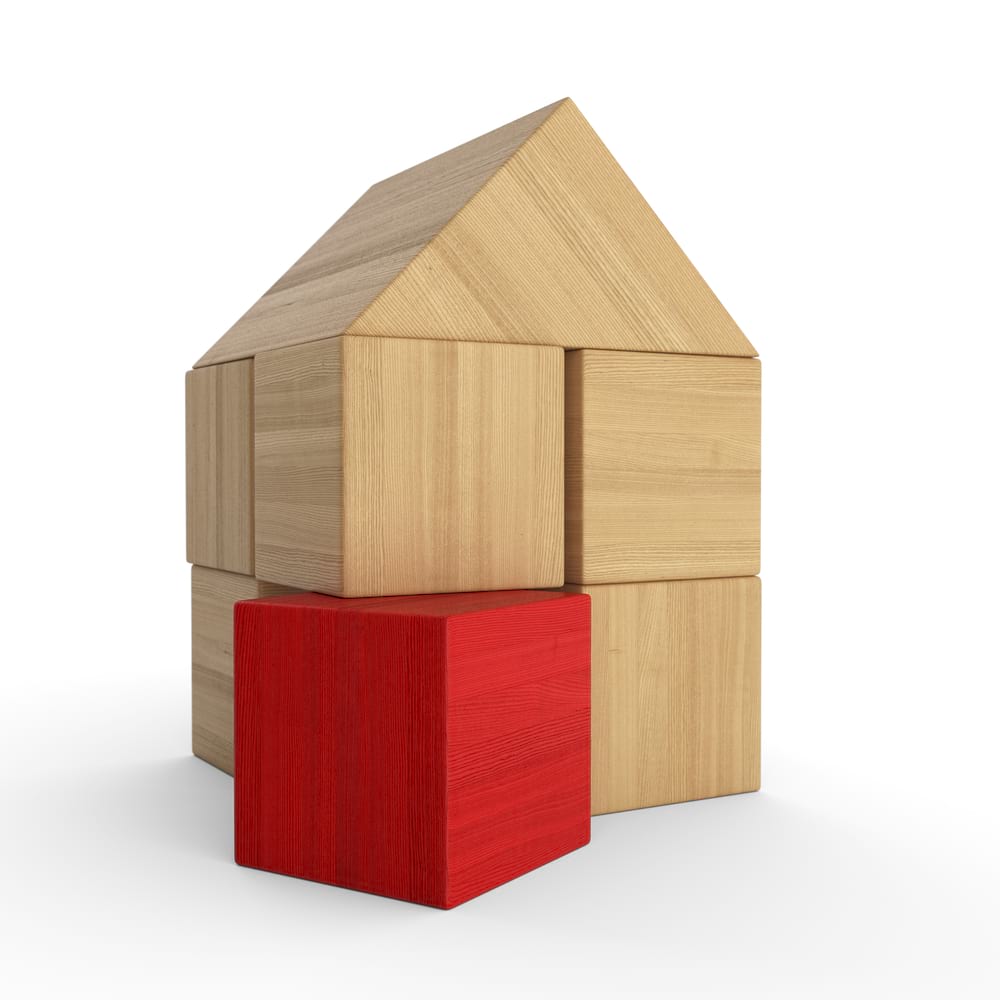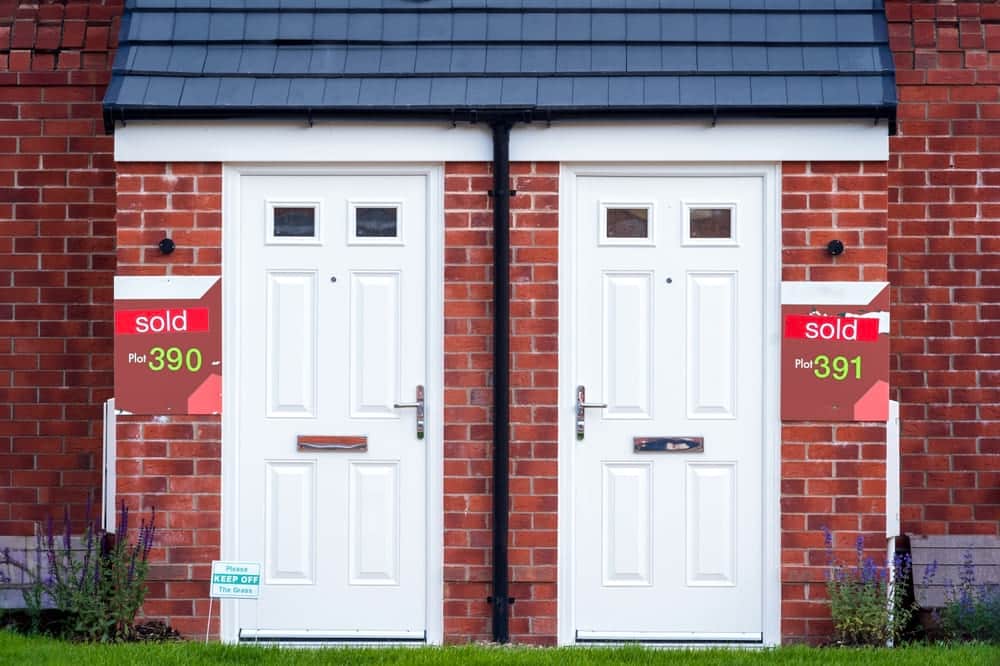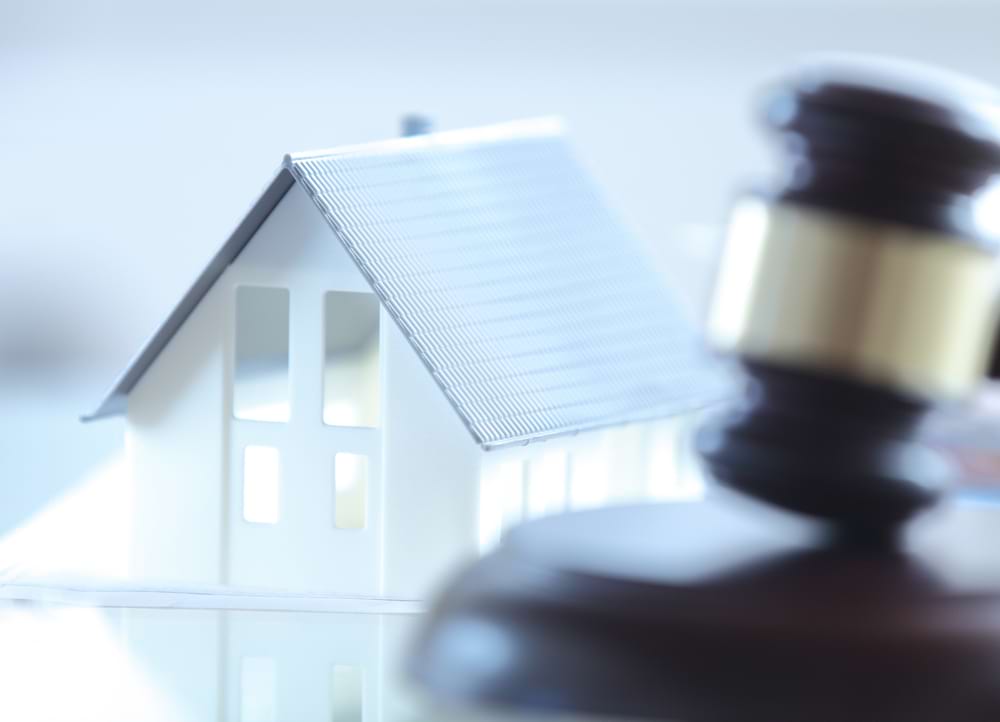Many people dream of upsizing to a bigger house.
However, downsizing is a common phenomenon. And it’s not always done for financial reasons.
So, what are the advantages and disadvantages of moving to a bigger house?
Read on to learn more.
Advantages of moving to a bigger house
Space
A bigger house usually means more space, especially if the number of people living there has not increased since your last property.
If you are moving to a house which has a garden (when you haven’t had one previously) then this will undoubtedly be hugely favoured by any children in the family who want to run around.
The extra space can also make it easier for you to keep a guest room for friends who visit, or to create an office for anyone who works from home in the family.
Bigger houses make it easier for you to have ‘personal space’ too – for example, an art studio or a warehouse.
Higher selling price
In most cases, bigger houses tend to sell for more money on the market, and even with cash house buyers.
For example, if your larger property has a garage to store your car, then this will increase its value.
While the property will therefore be a larger investment when you first buy it, you should be able to sell it for a larger sum further down the line.
Scope for extensions
Having a bigger property also means you have more scope for extensions of additions to the property.
This could include building a granny annexe or other properties on your land. These measures can often add value to your property.
Disadvantages of moving to a bigger house
Higher costs
Bigger houses usually come with higher costs. For example, with more rooms being lit up at night time, your electricity bills may increase.
When you turn the heating on during the winter months, your bill will also probably be more expensive, because there are more radiators being turned on.
More maintenance tasks
Maintenance of a larger property is typically more challenging. When there are more rooms for you to look after, this requires more time spent cleaning, dusting and sweeping.
Larger up-front costs
Thirdly, as mentioned in the section above, larger properties typically require a bigger investment when you first buy it. Not only will your deposit probably need to be larger, but your monthly mortgage payments may be higher, too.
Furthermore, if your house value is significantly over £250,000, then there will probably be more stamp duty payments when the time arrives to sell.
Harder to sell
Larger houses can be harder to sell. This is primarily because there are fewer potential buyers. It[‘s also because they take longer to sell. More surveys are required.
Should I move to a bigger house?
Now we’ve looked at the advantages and drawbacks, let’s look at whether moving to a bigger house is right for you.
If your family will grow
If you anticipate that your family size will grow in the future, then moving to a bigger house is a smart move. Perhaps you and your partner intend to have more children, or maybe parents or other relatives are moving in to live with you.
If you can’t increase your current property’s size
You may be unable to increase space in your property without moving. Or you may be unable to do it and still gain a favourable return. If so, then moving is your only choice.
You are able finance it
If you are keen to upsize your property, you should make sure that you are financially prepared. For example, you may wish to have cash reserves saved just in case you fall on any difficult times. Or you may want to put down a larger deposit so your monthly payments are reduced.
If you can’t get a mortgage to fund a larger house, then there may be not much else you can do in the short-term.
Market timing
Finally, you may want to consider is it a good time to sell your current house. If you are not going to get a good deal for your current property, then this may negatively impact your ability to upsize.
